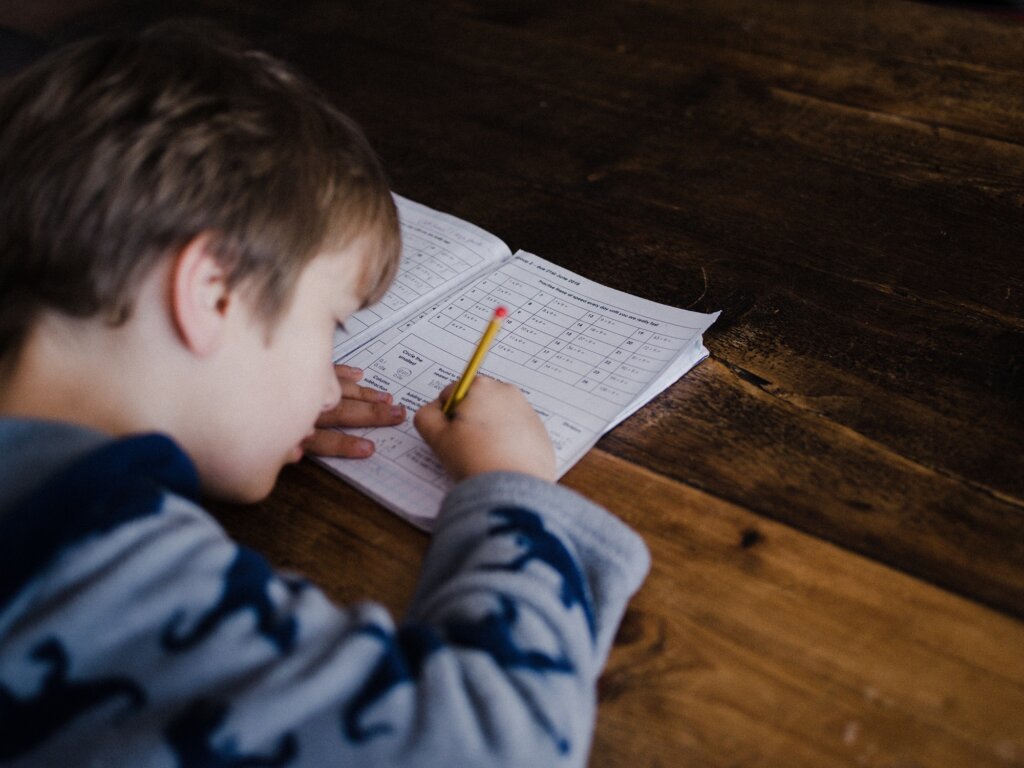Following on from the previous blog, “Keeping Children motivated during lockdown”, schools are again closed and have moved to online learning except for the early years, children who are vulnerable and children of critical workers. For those who are trying to juggle working remotely and looking after their children, this can be a daunting experience. It can feel nearly impossible to do both.
According to the office of national statistics, between 7th May and 7th June 2020, over half (52%) of parents with school-aged children said a child in their household was struggling to continue their education while at home and 77% of those parents said the most common reason was lack of motivation.
Using strategies to cope with learning while being at home can contribute to a positive impact on mental wellbeing. Children need to have a routine and predictability to stay motivated and safe. Keep regular times for going to sleep, learning, meal times and doing exercise and of course fun time! Have a schedule and even make a list of what each day will consist of doing. Depending on the age of your child/children, reading with them and doing hands-on projects such as, baking and playing games can be educational. Your routine should be similar to a normal school day, including going outdoors, learning different types of skills and remembering to take regular breaks. You may need to allow more screen time than normal and not expect the home to be as tidy as usual. Perhaps you could prepare meals in advance or make easier meals that don’t require too much preparation and cleaning up afterwards. Allow children to help with a few chores, enable them to understand that this is an unusual and difficult time, but by contributing they are playing an important role during this time.
Talk to your children about how sacrificing their social time and following the government guidelines they are also playing their part in helping the wider community and those who are vulnerable to stay safe. As well as talking to children and young people about their contributions, it is also important to recognise how they are feeling, provide reassurance as this is a tough time for them, they may miss their friends and for teenagers they may be worried about what their future holds.
It is important that young people know the facts about the current situation and help them to understand if what they have heard is accurate. Use trustworthy sources, like the NHS or the government website. However, if the news or social media is making you and your children stressed during this time, do not feel you have to listen to it. Instead, reach out to your friends and family, laugh when you can, help and support each other where ever possible.
Further help is available for young people’s wellbeing during and after this uncertain time, at the BBC website Bitesize’s support section.
References:












